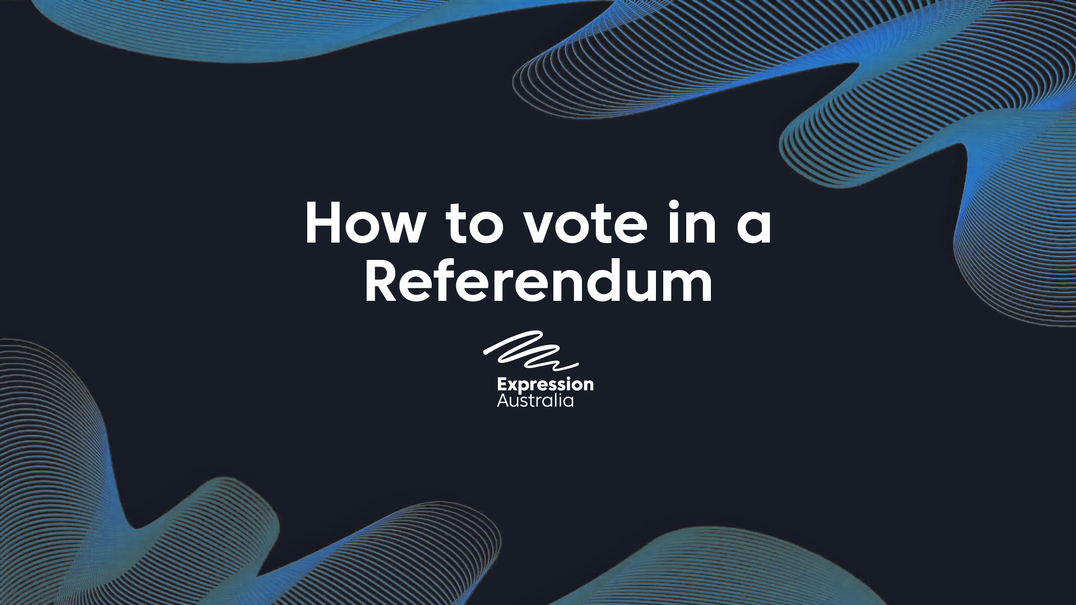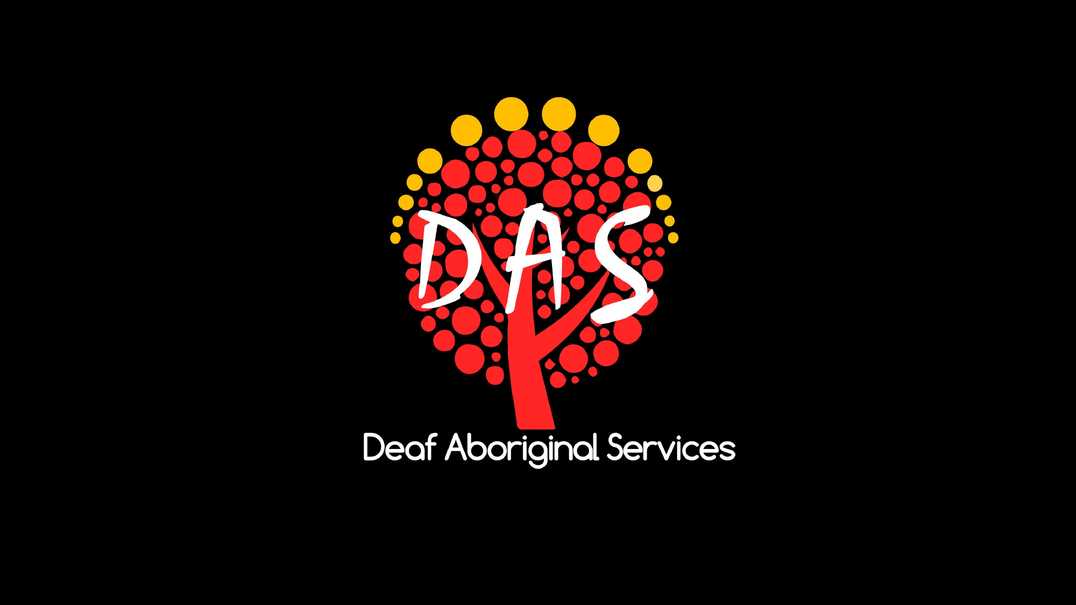We're excited to announce that Deaf Aboriginal Services and Expression Australia have collaborated to provide Auslan translation of key information around the Voice to Parliament referendum.
The referendum will be held on Saturday, the 14th of October 2023.
We believe in creating an inclusive environment for all Deaf and hard of hearing people, and by working alongside Deaf Aboriginal Services we aim to ensure this information is culturally appropriate for all.
If you have any queries regarding this information, we encourage you to contact us at engagement@expression.com.au.
Follow Deaf Aboriginal Services on Facebook and Instagram, or visit their website.
This content was made on unceded Wurundjeri and Kaurna land. We respectfully acknowledge the traditional owners of these lands, and their Elders past, present, and emerging.
If you're having problems viewing the below videos, this content is also available in full on our Youtube channel.
What is the Voice?
In 2023, Australians will have the opportunity to vote in a referendum to empower Aboriginal and Torres Strait Islanders with a Voice to Parliament.
You must be 18 or older to vote.
If you are already enrolled to vote in the federal elections, you do not need to enroll again.
If you haven't been able to vote, then you will need to enroll.
What is the Referendum?
The federal referendum is a national vote when there are significant changes to the constitution.
A referendum is held by asking the Australian community to vote on a change to the Constitution.
What is a constitution?
The Australian Constitution is a set of rules by which Australia is governed.
The only way to change the constitution is by holding a referendum.
Asking Australians if they accept these changes by voting.
How did the Voice to Parliament start?
It was presented five years ago in 2017 to a nation near Uluru in Central Australia by First Nations delegates held over four days to discuss the Uluru Statement from the Heart which calls on the Australian Government to recognise the process of truth telling about our history and a significant change for us to be recognised as equal.What is the Voice to Parliament and how would it work?
The Voice would advise the Government on matters relating to First Nations peoples, spirit, their social, economical and mental wellbeing.
The government would be obliged to consult on matters that overwhelmingly relate to native titles, employment, NDIS, and an abundance of issues presented to the Government by First Nations people.
Who are the members?
An invitation of membership is sent out to make sure representation is fair and diverse.
Chosen from each of the states and territories consisting of people from the mainland and the country, Torres Strait Islands, the older and younger generations, and a mixture of various genders, are what makes up the membership group.
What would the Voice look like?
The Voice is not set up to simply fill out a form, to change a bill and hand it to the government to authorise.
If a bill was to be enacted.
The Voice will be providing advice to the government and that advice will be taken through the appropriate legal channels to be approved or declined.
What is the difference between a treaty and the Voice to Parliament?
A treaty is given power to negotiate, consult with the government and come to an agreement.
They basically have more control, whereas the Voice is for advice only.
What does it mean to vote yes?
Voting yes is about recognising the First Nations people in our Constitution and paying respect to our culture and tradition of over 65,000 years.
What does it mean to vote no?
No recognition in the Constitution for First Nations people.
Why is there a debate?
Some people vote yes and some people vote no.
Those people who are voting “no” are concerned because the yes vote is only for advice to government, and the treaty would have been a waste of time.
The treaty has the power to negotiate with the government and make necessary changes to Australian law.
More information
Expression Australia and Deaf Aboriginal Services have worked together on this video.
If you have any questions or need clarification, please do not hesitate to contact Expression Australia.



